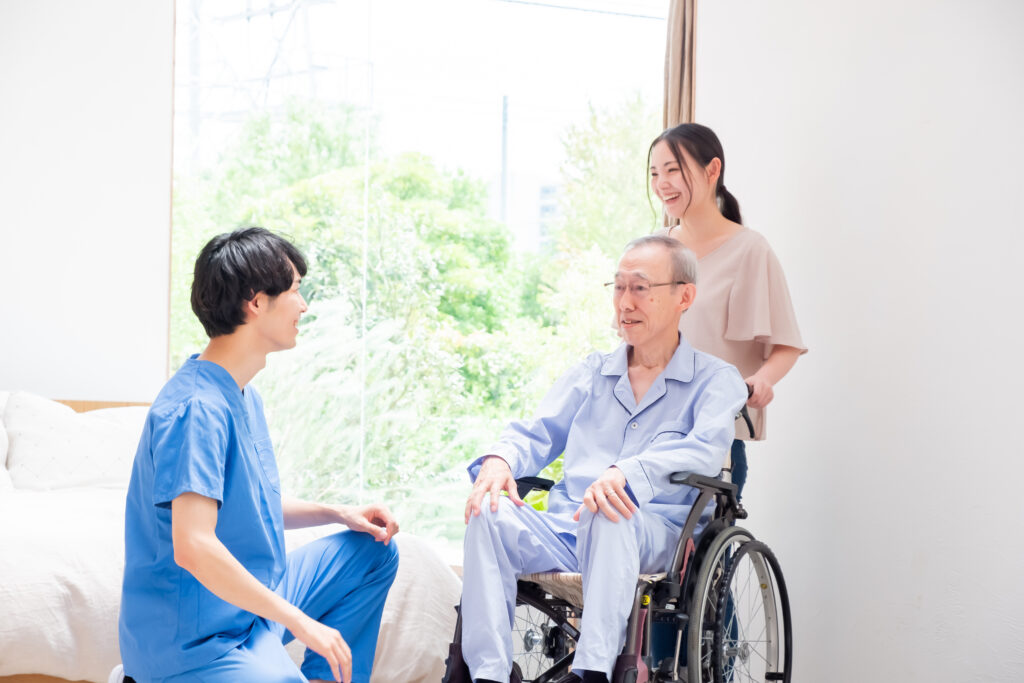Co(l)laboratory 2024 Citizen Scientist Research Placement

Key Details
Project Title: Shaping better models of healthcare service provision for people with long-term health conditions in Nottingham communities.
Deadline:12 noon,06 March 2024
Project Supervisors
- Lead Supervisor: Dr Simon Bishop, University of Nottingham
- Co-Supervisor: Dr Yesmean Khalil, Nottingham Trent University
- Co-Supervisor: Prof Stephen Timmons, University of Nottingham
- Community Supervisor: Sarah Peake, NHS Nottingham And Nottinghamshire Integrated Care Board
About The Project
Individuals living with long-term health conditions, such as those resulting from diabetes or stroke, are often serviced by community-based healthcare made up of networks of professional teams from health care, social care, the Voluntary, Community, and Social Enterprise (VCSE) sector, as well as citizens from the local area. In Nottingham and Nottinghamshire, many individuals live with multiple long-term health conditions – for example, 53% of individuals diagnosed with Type 2 diabetes live with at least two other long-term conditions. How these networks of services can support these people to manage their conditions in effectively and sustainably is big focus of the Nottingham and Nottinghamshire Integrated Care System (Notts ICS).
As part of wider work of the Notts ICS, the Community Care Transformation Programme has been established to plan for and deliver a sustainable model of community care provision. The programme aims to reduce the duplication of efforts, reduce workload, and reduce emergency admissions by understanding the lived experience of people with multiple long-term conditions to shape the delivery of early interventions and prevention measures.
This project will support the Community Care Transformation Programme by seeking to understand how factors affecting an individual’s health and health outcomes are linked to the whole person and their circumstances. Through engaging with local citizens and stakeholders in the health and social care system, the project will work to identify the barriers that citizens, particularly those from minoritized ethnicity backgrounds, face to engaging with services and support, and understand how these barriers can be overcome.
Project Aims
This placement project aims to support the work of the Community Care Transformation Programme by understanding how the experiences of people living with multiple long-term health conditions can shape a sustainable model of community care provision; ultimately improving health outcomes for Nottingham communities.
What will a successful candidate be doing?
The successful candidate will receive dedicated support and researcher training from the Co(l)laboratory team to prepare them to undertake their Citizen Scientist Research Placement. The candidate will work closely with the project supervisory team to carry out a review of relevant research literature and to collect and analyse data from research interviews and mapping exercises. The candidate will then produce a short report that will share key insights from the work to help inform the wider work of the Community Care Transformation Programme.
Who are we looking for?
For full details of our eligibility criteria, please visit our 2024 Citizen Scientist Research Placements web page. We encourage those who meet most of the essential criteria to any extent to apply.
Essential Competencies
- Excellent interpersonal skills – you would need to work effectively with researchers, healthcare professionals and individuals with long-term health conditions.
- Excellent written and verbal communication skill.
- Ability to carry out some desk-based research.
- A creative eye for considering ways stakeholders can become involved with this project.
- Some relevant background experience (e.g. voluntary, personal, or professional experience in healthcare, local community settings, etc.).
Desirable Competencies
- Basic understanding of research and how it can contribute to healthcare practice.
- Some experience in a relevant professional setting.
